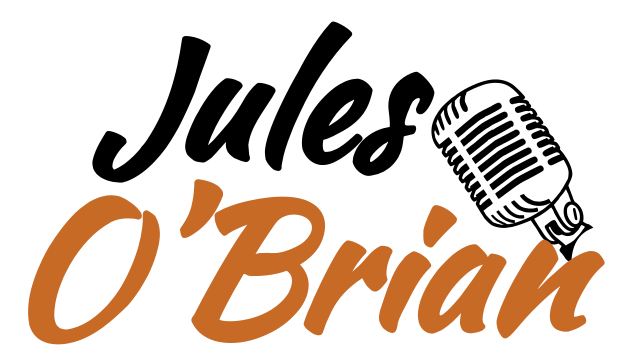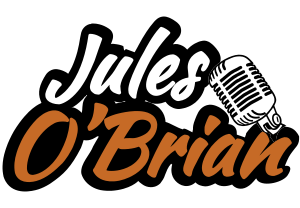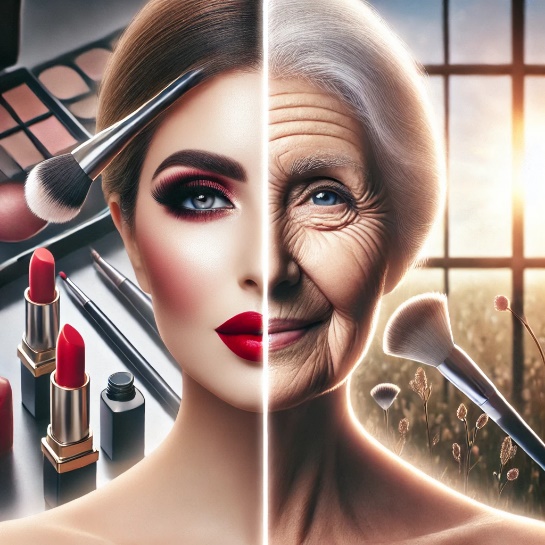A natural revolution or just good PR?
Pamela Anderson’s recent rebrand as the face of the “no makeup” movement offers a fascinating case study in the complexities of ageing, especially for women in the public eye. Known as one of the ultimate beauty icons of the 80s and 90s, Anderson’s shift from heavy makeup to a more “natural” look has been lauded by many as empowering and authentic. But let’s not gloss over the irony—or the clever marketing that might be at play.
Here’s Pamela Anderson, the woman who made red swimsuits and smoky eyeliner as iconic as the Hollywood sign. Now she’s making headlines for ditching the very tools that helped craft her image. It’s almost like McDonald’s launching a campaign for kale salads—it might be a health–conscious move, but it’s definitely still about staying relevant. Anderson’s no–makeup look suggests a rebellion against conventional beauty standards, yet it also keeps her in the spotlight, reminding us that even in going bare, she’s still a master of public image.
The shift raises a few (meticulously microbladed) eyebrows. Is this a feminist act of defiance, or is it just another smart PR move? Is Pamela really shedding the shackles of beauty standards, or is she subtly reinforcing them by using her bare face as a statement? After all, her natural beauty is still largely unattainable for many, even without makeup.
The idea of Pamela Anderson as the poster girl for minimalism is kind of delightful. It’s a bit like imagining the Statue of Liberty swapping her torch for a reusable shopping bag. The symbolism might change, but the cultural impact remains. And in Anderson’s case, the message she’s sending—intentionally or not—is that women are constantly judged for how they look, whether they’re dolled up or going au naturel.
We celebrate the George Clooneys for their “distinguished” silver hair while women like Anderson are scrutinised for every line and wrinkle. (Men age like wine, women age like milk, right?) Anderson’s no–makeup stance, while potentially liberating, might unintentionally highlight the same beauty biases it’s supposed to challenge. In a world where women’s worth often feels tied to their looks, even the absence of makeup can become another form of performance.
At the recent Golden Globes, Demi Moore, at 62, delivered a powerful acceptance speech after winning her first award for Best Female Actor in a Musical or Comedy for The Substance. Moore shared a poignant anecdote from her early career, recalling how she was dismissed as a “popcorn actress”—a term that undermined her contributions to iconic films like Ghost and Indecent Proposal. It’s a stark reminder of how the industry often diminishes women’s achievements.
Moore’s career also faced setbacks when she took a hiatus to raise her daughters, highlighting the double standard that allows men in Hollywood to enjoy uninterrupted careers while women are penalised for prioritising family. In her speech, Moore touched on the pervasive feeling of inadequacy imposed on women, recounting advice she once received: “Just know you will never be enough, but you can know the value of your worth if you just put down the measuring stick.”
It resonates. How many of us have felt like we’re never quite enough, no matter what we achieve?
Dolly Parton once said, “I don’t know what the big deal is about old age. Old people who shine from the inside look 10 to 20 years younger.” I adore her (doesn’t everyone?). She’s a beacon of self–acceptance, ageing with grace and humour while still owning every bit of her identity.
The experiences of women like Pamela Anderson, Demi Moore, and Dolly Parton highlight the ongoing challenges women face in industries that prioritise appearance and youth over talent and experience. Yet, their resilience and commitment to authenticity serve as powerful reminders that self–worth isn’t (or, at least, shouldn’t be) something society gets to dictate.
In a culture that frequently tells women they are not enough, these women exemplify the strength found in self–acceptance and the courage to define their own worth. Maybe if they can do it under the glaring lights of fame, maybe the rest of us can give it a go, too?
Listen to my Avoid Excessive Cleavage podcasts.



